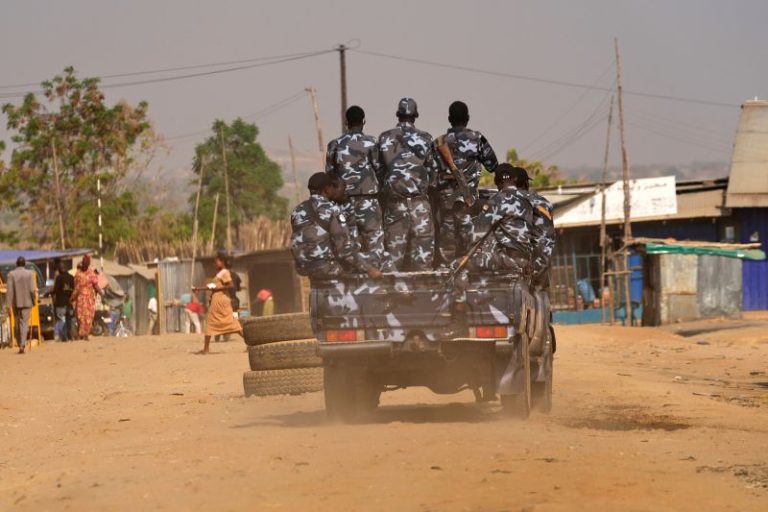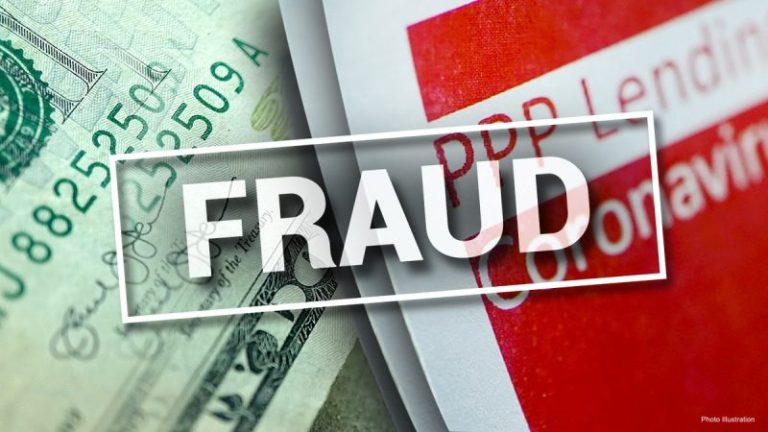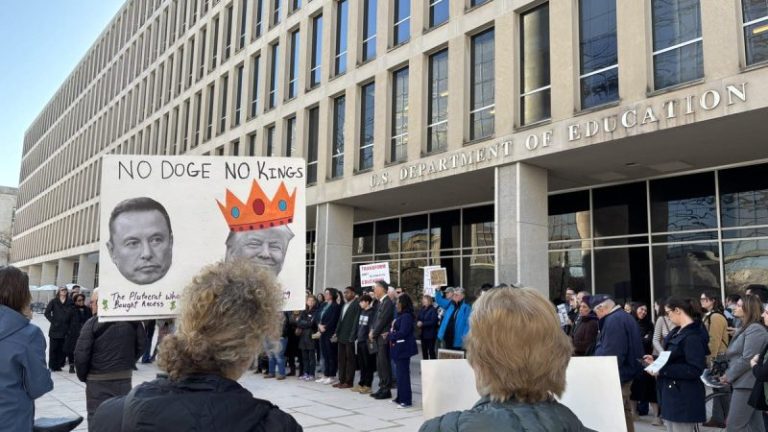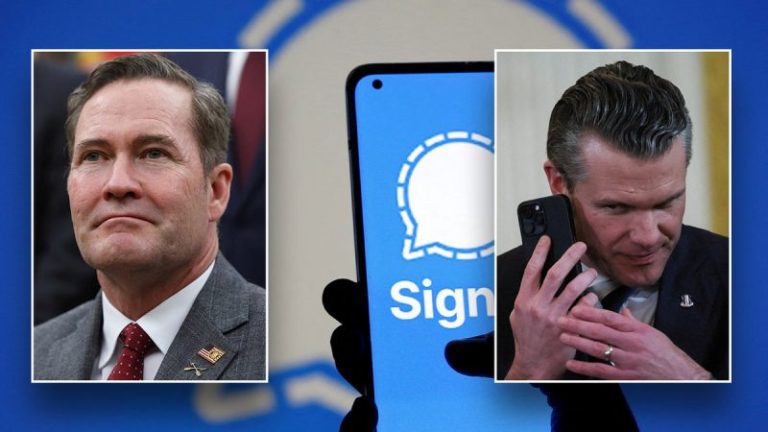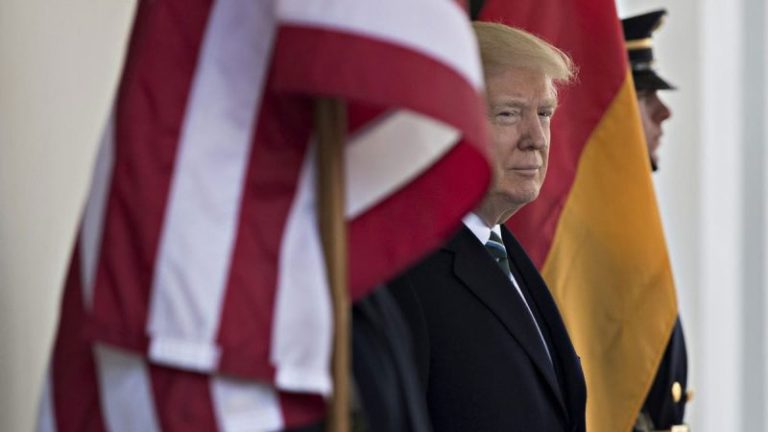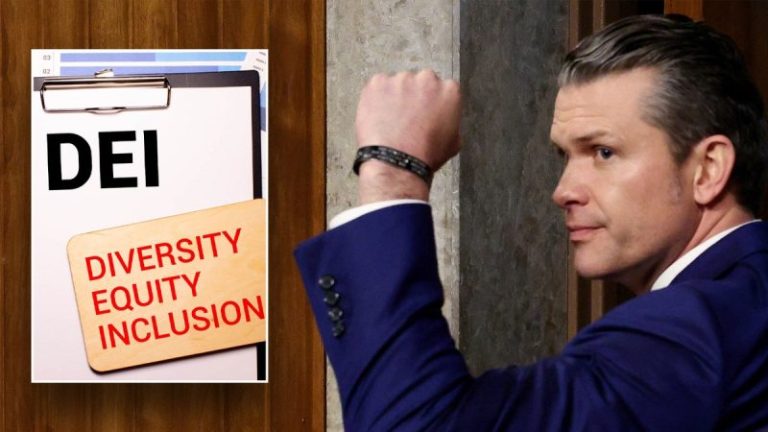A peace deal ending a conflict that killed tens of thousands in South Sudan is in danger of collapsing, raising fears that the world’s youngest nation — and one of its poorest — could swiftly lapse back into war.
South Sudan split from the rest of Sudan in 2011 after decades of pro-independence unrest but has struggled to keep the peace in its territory, which is divided along ethnic lines.
It plunged into a civil war in 2013 and then again three years later, until the violence was stopped by a fragile ceasefire agreement in 2018.
The nation is governed by a coalition government, led by President Salva Kiir and five vice presidents, who include Kiir’s rival Riek Machar, the leader of the SPLM/A-IO party.
Machar was arrested this week, prompting the SPLM/A-IO to issue a statement Thursday saying his detention “effectively brings the (peace) agreement (between him and Kiir) to a collapse.”
“The prospect for peace and stability in South Sudan has now been put into serious jeopardy,” it added.
Machar’s arrest followed the sacking and arrest of other prominent officials from the SPLM/A-IO, as well as the arrival of troops from neighboring Uganda at Kiir’s invitation to help South Sudan’s military fight a local militia. The SPLM/A-IO condemned what it called “military aggression against civilians” by the Ugandan forces.
Machar also condemned Uganda’s military intervention in a letter to the United Nations’ secretary-general on March 23, saying it violated the terms of the peace deal.
South Sudan has never held a national election. Its current government is the result of a power-sharing agreement struck in 2018 between Kiir and Machar. The deal ended a five-year-civil war, which killed an estimated 400,000 people.
South Sudan is polarized between the majority Dinka tribe, which Kiir hails from, and Machar’s Nuer ethnic group, the second-largest in the country.
Clashes this month in the town of Nasir between government forces and a Nuer militia known as the White Army have shaken the nation’s fragile peace. Dozens have been killed in the clashes, local media reported.
On Friday, authorities confirmed Machar’s arrest, accusing him of encouraging the militia to overrun a military base in Nasir and attack a UN helicopter. The White Army, for its part, denies ties with Machar or his party.
He cited “intelligence and security reports.”
Makuei added that Machar and “his anti-peace colleagues of the SPLM/A-IO” – which he said preached hate and tribalism – “will be investigated and brought to book accordingly.”
The SPLM/A-IO has not commented on these allegations.
UN spokesperson Stéphane Dujarric has warned that Machar’s arrest and the unrest in the country were taking the nation “one step closer to the edge of a collapse into civil war.”
“The peace agreement is in shambles,” UN Secretary-General Antonio Guterres told reporters Friday and called for de-escalation. He added that the clashes were “darkly reminiscent” of the earlier civil wars.
Western nations have also sought to cool tempers. In a joint statement Thursday, the embassies of the United States, Britain, France, Germany, Netherlands and Norway in South Sudan, as well as the European Union delegation urged Kiir to reverse Machar’s arrest and called for a ceasefire between armed groups.
In a sign of the fragile situation in the country, the US embassy has urged Americans to flee South Sudan while they still can. Similar advice was issued by Britain.
The African Union, which comprises 55 African nations, has said it will deploy a delegation to Juba, the capital of South Sudan, “to de-escalate the situation.”
Separately, an envoy of William Ruto, the president of neighboring Kenya, arrived in Juba Friday and held talks with Kiir.
“I am encouraged by the possibility of a resolution to the conflict,” Raila Odinga said after the meeting, adding he would brief East African leaders on “a possible roadmap to sustainable peace and stability.”
In October, the World Bank made a bleak assessment of the situation.
Violence, weak management of public resources and “political contestation” have “intensified existing humanitarian needs,” it said.
And in a report in December, it said that more than two-thirds of the population in the oil-rich nation were extremely poor, living on less than $2.15 per day.
Despite its economic troubles, South Sudan harbors more than half a million refugees from war-torn neighbors Sudan, the Democratic Republic of Congo and the Central African Republic, based on data from the UN Refugee Agency.
On Friday, the UN described South Sudan as “a country on the edge,” saying it faced “multiple crises at once.”
“South Sudan may have fallen off the world’s radar … but we cannot let the situation fall over the abyss,” Guterres said.
This post appeared first on cnn.com


